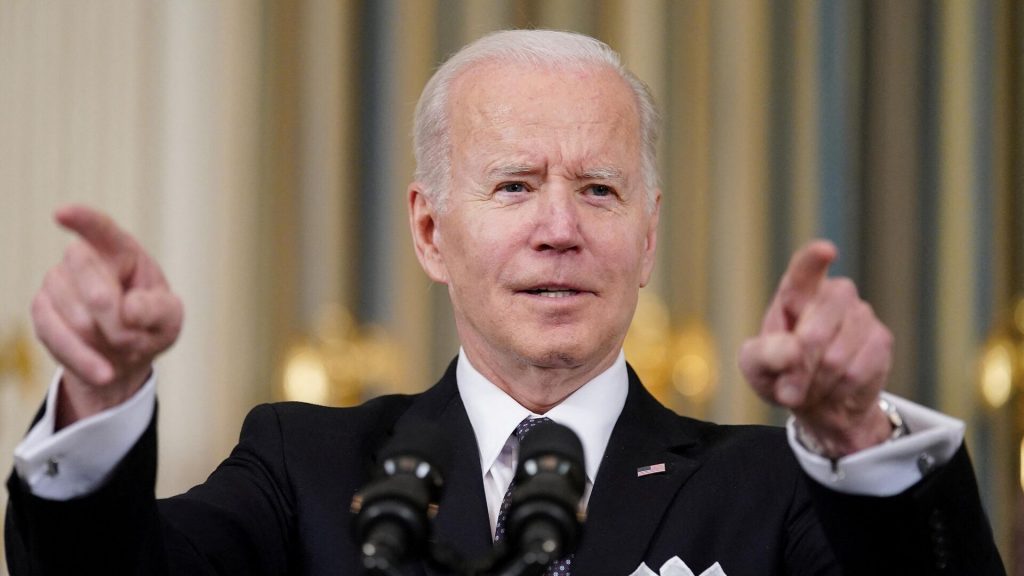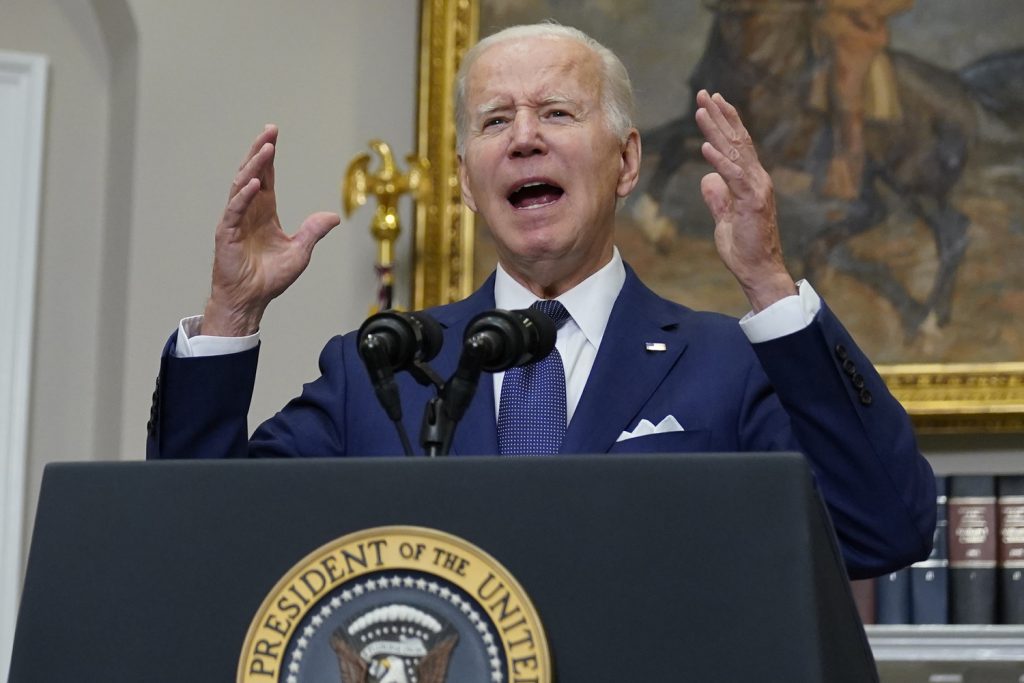U.S. President Joe Biden on Tuesday signed into law a spending package that allocates $52 billion to bolstering domestic chip manufacturing, finalizing what is seen as the nation's boldest industrial legislation in decades.
The passage of the CHIPS and Science Act, whose total price tag comes to $280 billion, marked a rare display of bipartisanship in Washington, with politicians on both sides of the aisle framing the bill as essential to winning the economic competition with China as well as enhancing national security.
Biden: America invented the Semiconductor

“America invented the semiconductor … and this law brings it back home,” Biden said. “It's in our economic interest and in our national security interest to do so.”
The bill's importance in the U.S.-China competition was outlined by Biden and other political leaders who spoke, as they not only touted the economic benefits, but also mentioned the manufacturing of advanced chips that are in weapons systems.
“China's trying to move way ahead of us and manufacture these sophisticated chips as well,” Biden said. “It's no wonder the Chinese Communist Party actively lobbied U.S. business against this bill.”
Biden: "We used to rank No. 1"

Since 1990, the U.S. share of semiconductor-manufacturing capacity has fallen from 37% to 12%, according to the Semiconductor Industry Association. About 75% of the world's overall capacity is in Asia, the lobbying group says.
Of the $52 billion, $39 billion goes toward direct “manufacturing incentives,” for building and expanding semiconductor fabrication plants, or fabs. The money is to be distributed over five years, with $19 billion to be released this year, and $5 billion annually through 2026. The legislation also earmarks $200 billion in research in areas including artificial intelligence and quantum computing.
“This bill is about more than chips, it's about science as well,” Biden said. “We used to rank No. 1 in the world [in] research and development. Now we rank No. 9. China was No. 8 decades ago. Now they are No. 2.”
Biden focuses on Semiconductor Manufacturing
Though the legislation marks a landmark investment by the U.S. government in domestic chipmaking, $52 billion in subsidies is a relatively small sum in the world of semiconductor manufacturing, which demands massive amounts of investment.
China has dedicated $150 billion to its chip industry, identifying semiconductors as a key industry in its latest five-year economic plan. Taiwan Semiconductor Manufacturing Co., the world's largest contract chipmaker, said in 2021 that it planned to spend $100 billion over three years to expand its manufacturing capacity. The European Union is working on its own chipmaking legislation.

